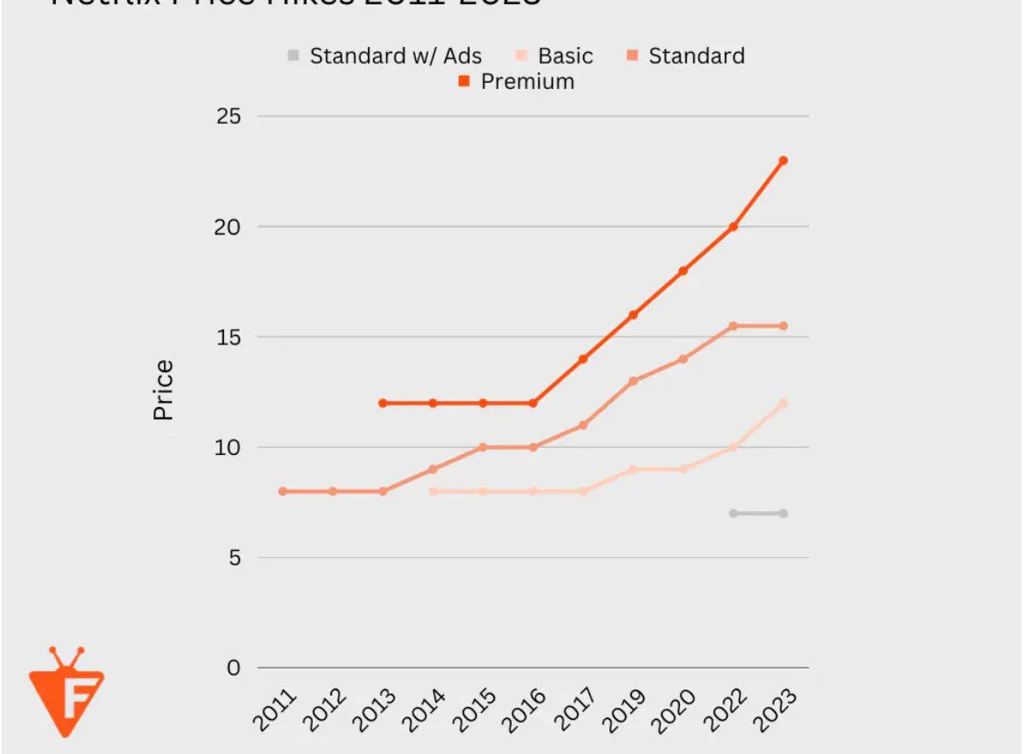this post was submitted on 25 Jan 2024
990 points (95.2% liked)
Piracy: ꜱᴀɪʟ ᴛʜᴇ ʜɪɢʜ ꜱᴇᴀꜱ
54476 readers
407 users here now
⚓ Dedicated to the discussion of digital piracy, including ethical problems and legal advancements.
Rules • Full Version
1. Posts must be related to the discussion of digital piracy
2. Don't request invites, trade, sell, or self-promote
3. Don't request or link to specific pirated titles, including DMs
4. Don't submit low-quality posts, be entitled, or harass others
Loot, Pillage, & Plunder
📜 c/Piracy Wiki (Community Edition):
💰 Please help cover server costs.
 |
 |
|---|---|
| Ko-fi | Liberapay |
founded 1 year ago
MODERATORS
you are viewing a single comment's thread
view the rest of the comments
view the rest of the comments


I think Dr CD outlined a specific arc that companies follow, but the term has been co-opted to mean any process that drives out competition before turning the screws on their customers. Did Netflix follow the three steps?
Netflix was certainly good to its subscribers 15 years ago.
Were they then good to their business customers (studios) at the cost of the users? I don't think they were ever good to studios.
Have they now clawed back surpluses for themselves? Abso-fuckin-lutely.
I think step 2 is the key to the original definition, and the one commenters often ignore. All companies burn cash to get started. All companies try to become a monopoly, and monetize everything once they do.
Aha I see what you're saying. It's possible that dr CD considered the second part to be crucial, but it doesn't seem that people who listened to his message felt the same way, myself included. I probably speak for a lot of people when I say we hadn't realized just how much these platforms are "subsidized" and how much damage that does to the entire market. So that part ended up being associated in our minds with the term enshittification.
Step 2 is doubly true. Because not only did they steal the studios users, and dent their profit margins being competitive, they also went out and became their own studio.
Out of survival in a way, but their brand is so strong they keep most of users despite any conversion rate Netflix's competitors have.